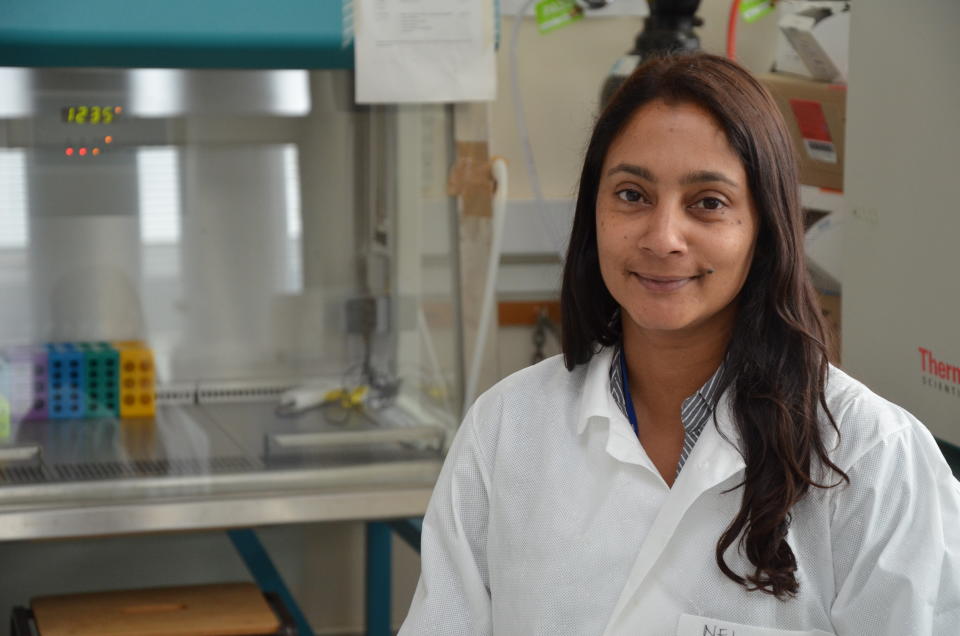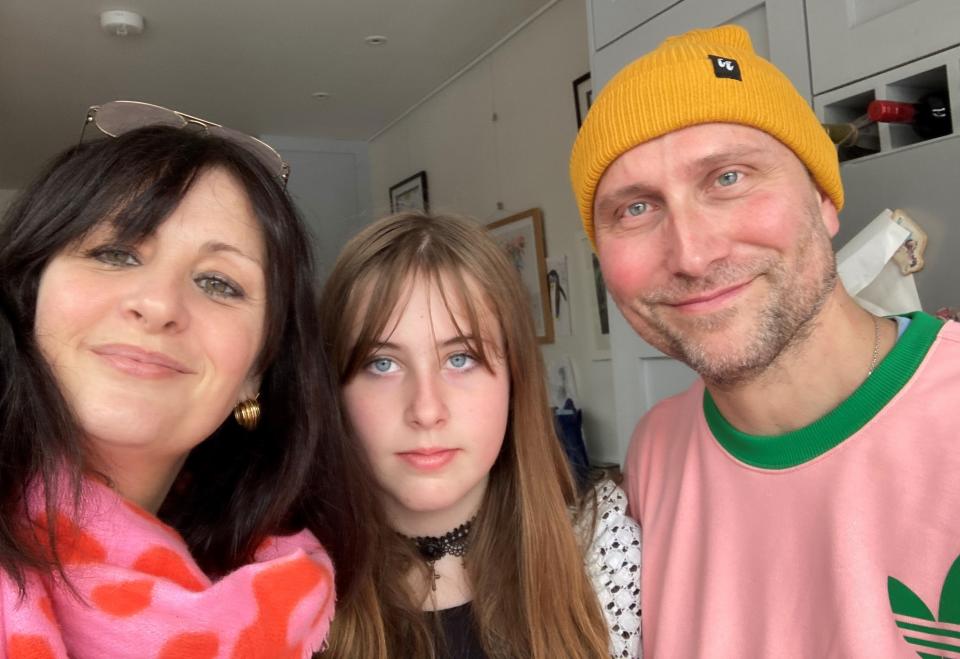UK researchers are developing a blood test for the first time that can diagnose certain types of brain cancer.
The simple test could reduce the need for invasive and risky surgery currently required to diagnose some brain tumors, experts said.
It could also lead to an earlier diagnosis that could speed up treatment and increase survival rates for patients with one of the deadliest types of brain cancer, they said.
Brain tumor experts welcomed the news, saying the test is cheap and would be easy to introduce to clinics.
Experts said the liquid biopsy would be particularly beneficial for patients with “inaccessible” brain tumours, who could benefit from starting treatment as soon as possible.
Researchers at the Brain Tumor Research Center of Excellence, run by Imperial College London and Imperial College Healthcare NHS Trust, have carried out the first studies to assess whether the test can accurately diagnose glial tumors including: glioblastoma (GBM), the most commonly-diagnosed type of high-grade brain tumor in adults; astrocytomas and oligodendrogliomas.

They found that the test had “high analytical sensitivity, specificity and accuracy”, according to a study published in the International Journal of Cancer.
Scientists now hope to carry out larger studies in the UK to validate the results, and if successful, experts estimate that patients could benefit from the new test within two years.
The TriNetra-Glio blood test, at Datar Cancer Genetics, works by isolating glial cells that have been broken free from the tumor and found circulating in the blood. The isolated cells are then stained and can be identified under a microscope.
Dr Nelofer Syed, who leads the Center of Excellence for Brain Tumor Research at Imperial, said: “A non-invasive, inexpensive method of early detection of brain tumors is critical to improving patient care.
“There is still a way to go, but this solution could help people who cannot undergo a brain biopsy or surgical resection of the tumor due to the location of the margin or other restrictions.
“Through this technology, inaccessible tumors can be diagnosed through a risk-free and patient-friendly blood test.
“We believe this would be a world first as there are currently no non-invasive or non-radiological tests for these types of tumours.”
Kevin O’Neill, consultant neurosurgeon at Imperial College Healthcare and honorary senior clinical lecturer at Imperial College London, who leads the Center of Excellence for Brain Tumor Research with Dr Syed, said: “The this test, but this test is a sign. a truly diagnostic liquid biopsy.
“It detects intact circulating tumor cells from the blood, which can be analyzed to the same cellular detail as an actual tissue sample.
“It’s a real breakthrough in the treatment of brain cancer that rarely spreads around the body.
“This could help speed up diagnosis, allowing surgeons to apply tailored treatments based on that biopsy to increase a patient’s chances of recovery. I am very grateful to everyone who contributed to this study, especially the patients involved.”


Attract Brain Research said the results are “remarkable” because less than 1% of patients with GBM live for more than 10 years and, for many, the prognosis is as little as 12 months.
Dan Knowles, chief executive of the charity, said: “This ground-breaking research could lead to earlier diagnosis and improved outcomes for brain tumor patients.
“The research carried out in UK universities is excellent and we should all be proud of it, but we need much more.
“New approaches are urgently needed, especially in the treatment of GBM, which is fatal in most cases.
“Brain tumors kill more people in the UK under the age of 40 than any other cancer and we need to find a cure for this terrible disease.
“It is scandalous to think that there have been no improvements in treatment options for this type of tumor in twenty years and there has been no change in the standard of care for GBM patients – surgical resection followed by radiotherapy and chemotherapy.
“This is why we are campaigning for the Government and more charities to invest more and we will keep up the pressure until patients and their families get the help they so desperately need.”
A family whose life has been turned upside down after a glioblastoma diagnosis said a delayed diagnosis cost them “valuable time”.
Steve Ackroyd, a television editor from Palmers Green, North London, was initially misdiagnosed and treated for epilepsy.
He was diagnosed with a glioblastoma brain tumor three months later, in August 2022.
The 47-year-old, who has a 12-year-old daughter, had a biopsy followed by radiotherapy and chemotherapy and is currently receiving immunotherapy treatment in Germany.
His wife Francesca Ackroyd, who set up a crowdfunding page to fund his treatment abroad, said: “In Steve’s case he went through a surgical biopsy to determine the type of tumour, and we also discovered that its diffuse nature meant it was inoperable.
“We waited seven weeks for the results only to find out that the tissue was deemed a ‘bad sample’.
“Unfortunately, all the delays cost us valuable time that could be spent on treatment.”